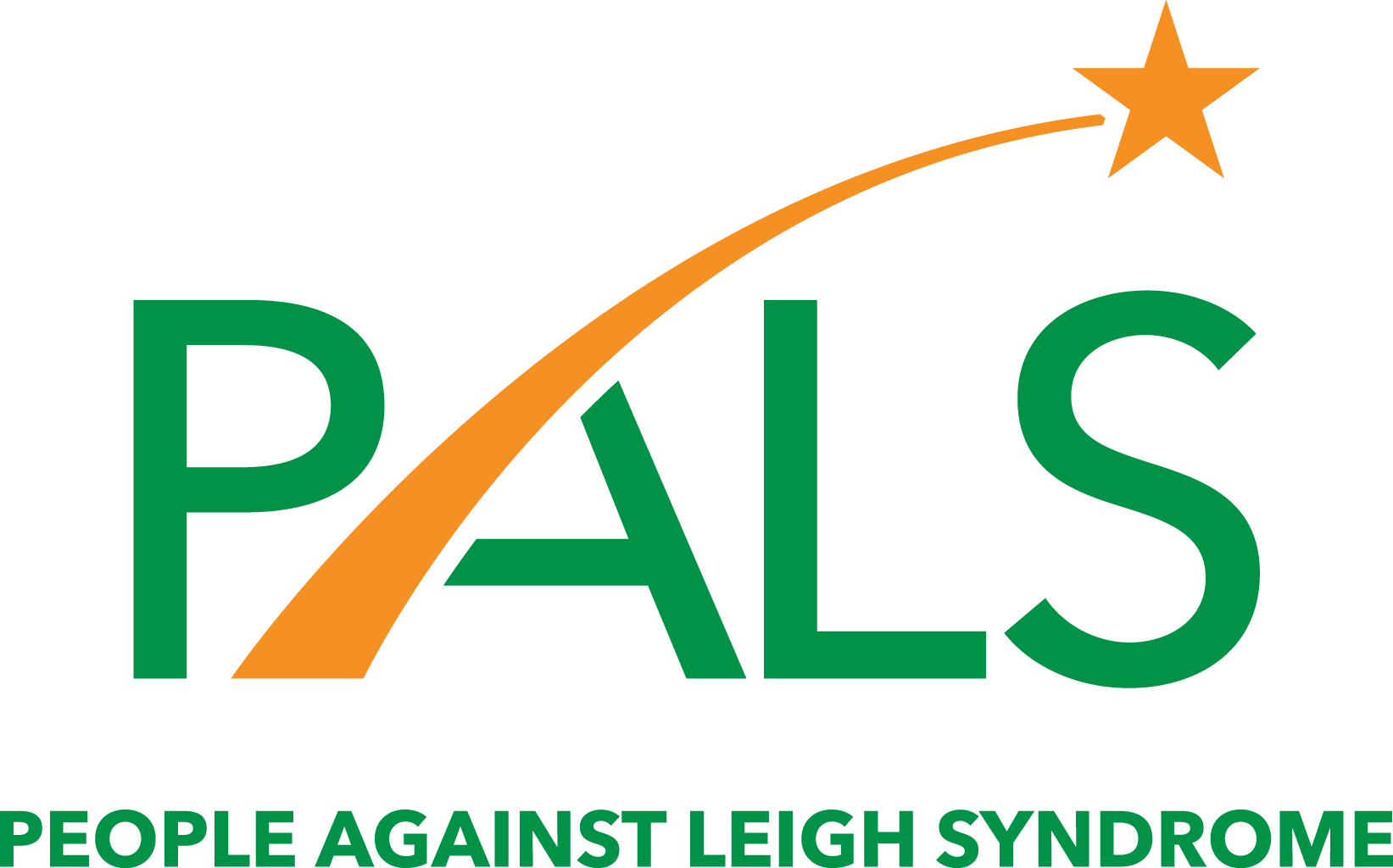PALS teams up with scientists, clinicians and patient advocacy groups
In an effort to move fast toward treatments and potential therapies, People Against Leigh Syndrome (PALS) has partnered with four of the world’s leading mitochondrial disease patient advocacy groups to form and fund an international Leigh Syndrome Research Network. PALS along with U.S. based United Mitochondrial Disease Foundation (UMDF), Australian based Mito Foundation, The Lily Foundation of the U.K., and Mitocon of Italy, have pledged $1 million USD to support this innovative,multi-year project to fund research with a focus on improving diagnosis, therapeutic development and optimized patient care for Leigh’s patients.
Leigh syndrome, first described by Dr. Archibald Denis Leigh in 1951, is an inherited neurometabolic disorder that affects the central nervous system. This progressive disorder begins in infants between the ages of three months and two years. Leigh's can be caused by mutations in mitochondrial DNA or by deficiencies of an enzyme called pyruvate dehydrogenase. Symptoms of Leigh syndrome usually progress rapidly. The earliest signs may be poor sucking ability and the loss of head control and motor skills. These symptoms may be accompanied by loss of appetite, vomiting, irritability, continuous crying, and seizures. As the disorder progresses, symptoms may also include generalized weakness, lack of muscle tone and episodes of lactic acidosis, which can lead to impairment of respiratory and kidney function. The prognosis for those with the disease is poor.
“There are currently no widely-accepted treatments and no cure for Leigh syndrome,” said Lori Martin, president and founding member of PALS. “Leigh syndrome patients, like our son Will, are forced to band-aid their symptoms while living in fear of any sickness or episode that could cause a serious decline in health or even death.
“We must do better. That’s why partnerships like the Leigh Syndrome Research Network are so important. By banding together, we can create an even greater impact and hopefully move the needle significantly toward a more positive outcome for Leigh syndrome patients and their families.”
An international scientific steering committee for the Leigh Syndrome Research Network is being led by Bruce M. Cohen, MD, FAAN, Pediatric Neurologist and Director of the NeuroDevelopmental Science Center at Akron Children’s Hospital.
According to Dr. Cohen, the network will first focus on natural history data collection, outcome measure development and validation as well as pre-clinical data coordination. Later this year, the steering committee has plans to develop a “Request for Proposals” to support Leigh syndrome-focused grants.
“No single organization can take on a project of this scale alone. This collaboration between mitochondrial disease patient advocacy partners will help us leverage our existing connections to the patient community as well as elite international researchers, many of whom already engage with one or more patient groups but not as a cohesive international network,” said Brian T. Harman, President & CEO of UMDF. “The success of this network drives future collaborative efforts that we hope will bring effective treatments and potential cures for the patient families we all serve.”
For more information about the Leigh Syndrome Research Network, visit www.leighsyndrome.org.


